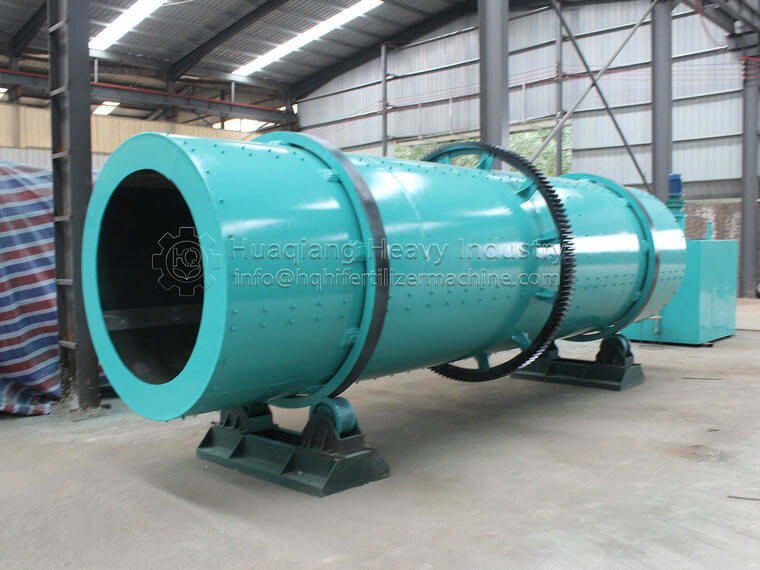Sludge, seemingly a waste, actually contains enormous potential to become a raw material for organic fertilizer granulation. After scientific treatment, it can contribute to agricultural production.
The sludge generated by urban sewage treatment plants contains a large amount of organic matter, which is the product of microbial metabolism and incompletely decomposed animal and plant residues. It also contains a certain amount of nutrients such as nitrogen, phosphorus, potassium, as well as various trace elements. However, harmful substances such as heavy metals and pathogens may also exist in sludge, so strict treatment must be carried out before using it as organic fertilizer raw material.
Firstly, the sludge needs to be dehydrated to reduce its moisture content and facilitate subsequent processing operations. Then, through harmless treatment methods such as high-temperature composting, the organic matter in the sludge is further decomposed and transformed by microorganisms, while killing pathogenic bacteria and parasitic eggs. During the composting process, adding an appropriate amount of conditioner can improve the physical properties of the sludge and promote the smooth progress of the fermentation process.
After harmless treatment, the properties of the sludge have been significantly improved, making it a usable raw material for organic fertilizer granulation. Mix the treated sludge with other organic materials such as livestock manure, crop straw, etc. in a certain proportion, and then add necessary microbial agents to promote sufficient fermentation and nutrient fusion between the materials.
At this point, use an organic fertilizer granulator to process the mixed material. The organic fertilizer granulator can turn these materials into granular organic fertilizers, which are not only convenient for storage and transportation, but also can slowly release nutrients after being applied to the soil, improving the utilization rate of fertilizers.
After special treatment, industrial sludge may also become a raw material for organic fertilizer granulation. For example, some sludge generated by the food processing industry contains abundant organic components. After removing harmful impurities and sufficient fermentation, it can also be used to produce organic fertilizers.
Sludge, as a potential raw material for organic fertilizer granulation, has achieved the resource utilization of waste. Through scientific processing and the use of organic fertilizer granulators, sludge can be transformed into organic fertilizers beneficial to agriculture, providing nutrients to the soil, promoting crop growth, and reducing environmental pressure. It has good environmental and economic benefits.